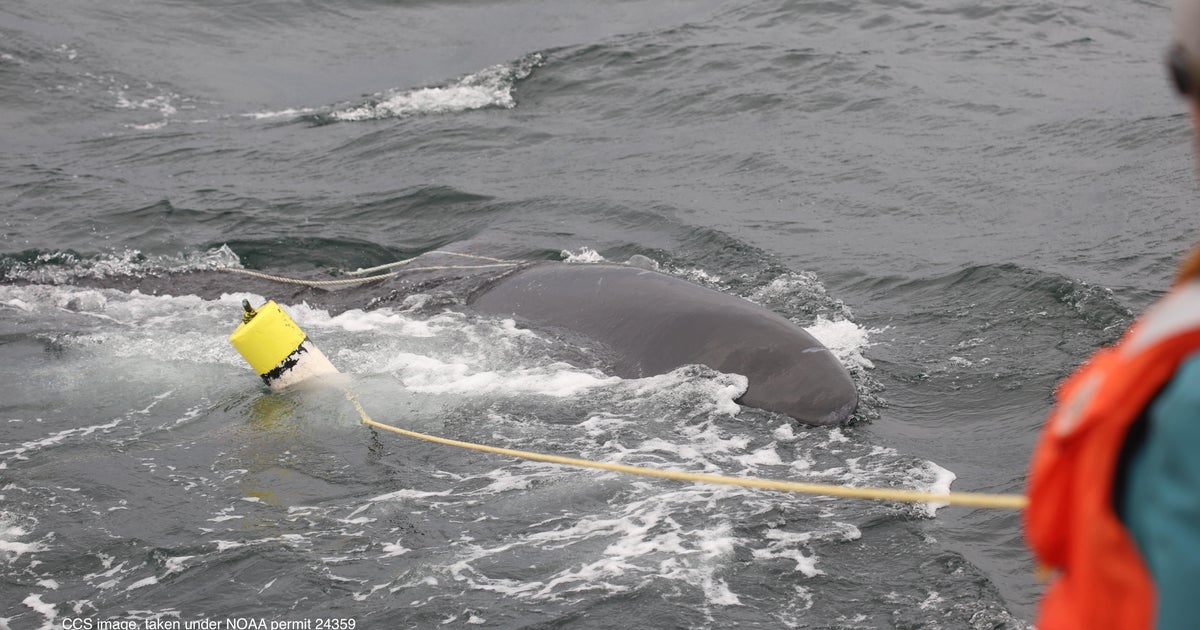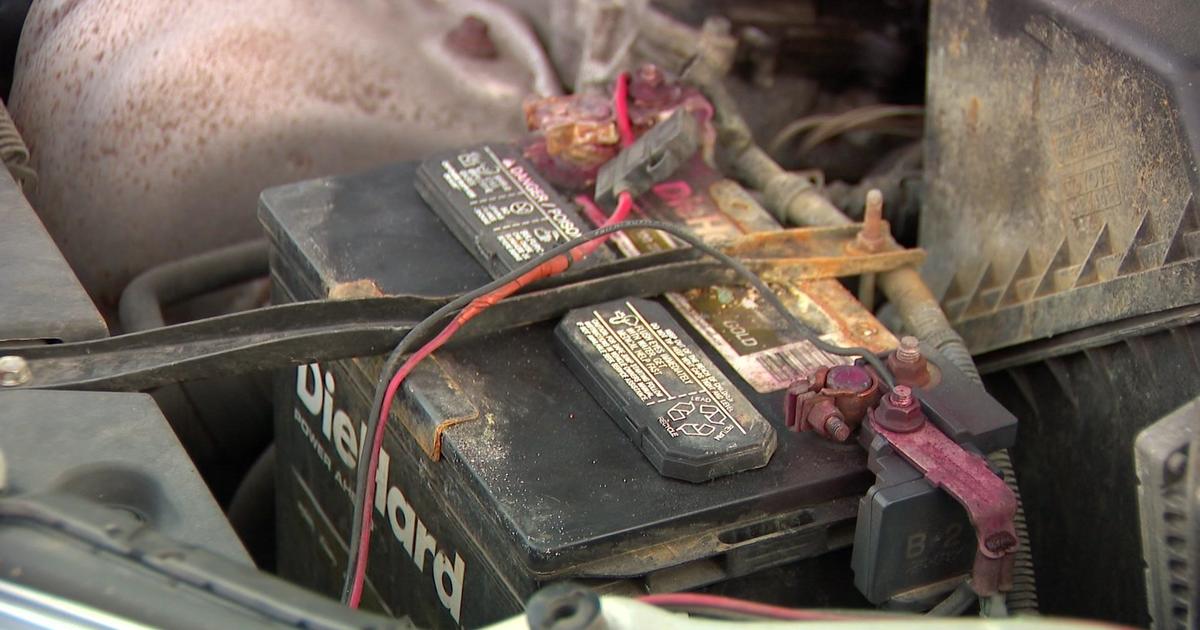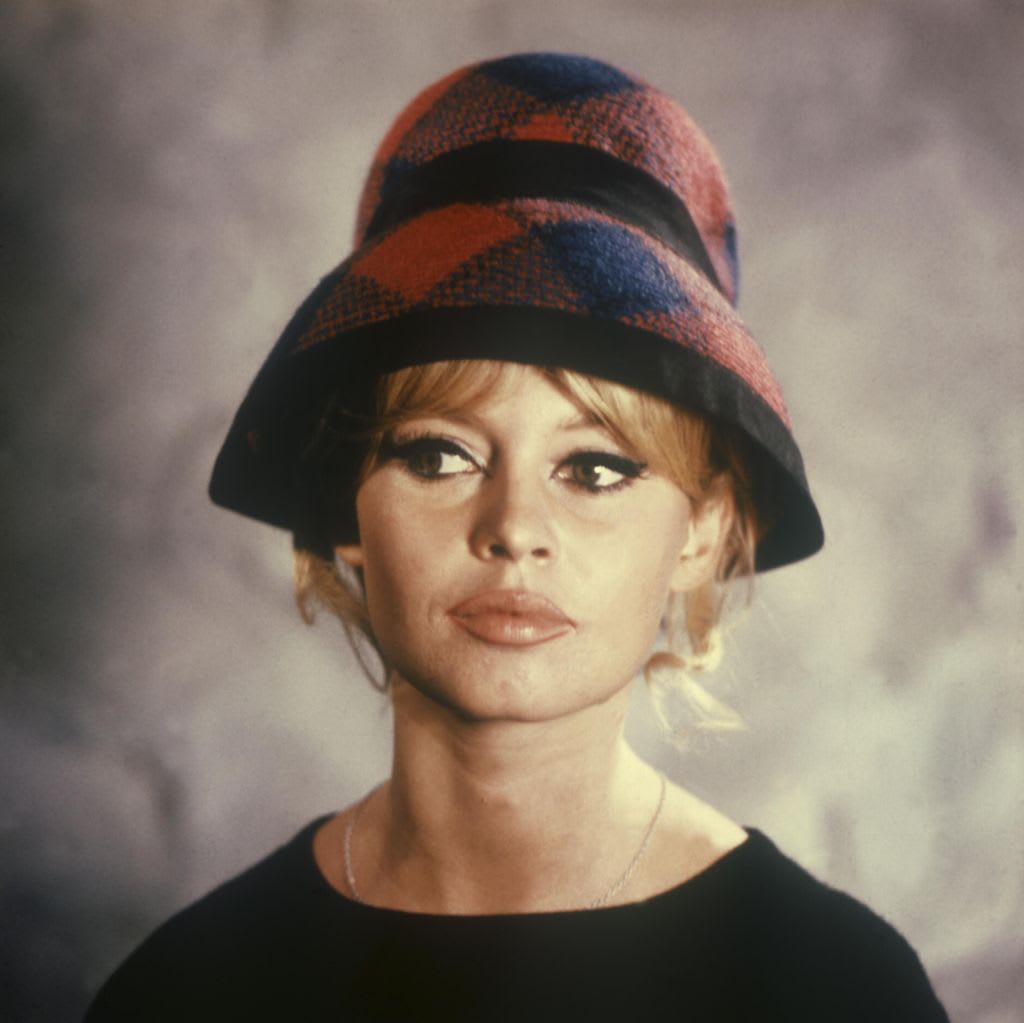Grieving mother orca finally lets go of dead calf after 17 days
FRIDAY HARBOR, Wash. -- Researchers say an endangered killer whale that drew international attention as she carried her dead calf on her head for more than two weeks is finally back to feeding and frolicking with her pod. The Center for Whale Research CWR) in Washington state says it watched the orca, known as Tahlequah or J35, chase a school of salmon in Haro Strait west of San Juan Island on Saturday afternoon.
The whales have been struggling because of a lack of salmon, and J35's calf died soon after birth July 24. The mother carried the baby on her head for at least 17 days, in an image of grief that struck an emotional chord worldwide.
"She literally is pushing her baby to connect with it and, hope against hope -- hoping that it will take a breath, which it will never do," biologist and wildlife conservationist Jeff Corwin told CBSN last week. "I can imagine this [mourning period] could take a very, very long time."
She finally abandoned the carcass as it decomposed.
Just like humans, Corwin said, grief has to "take its course." He said it would have been "stressful" for experts to intervene in the whale's process, adding that J35 "probably is medically or physically healthy to survive."
Deborah Giles, a research scientist and research director for nonprofit Wild Orca, said watching the orca with her calf was emotionally draining.
"I am sobbing. I can't believe she is still carrying her calf around," Giles told the Seattle Times. "I am gravely concerned for the health and mental wellbeing of J35."
CWR founder Ken Balcomb says he is immensely relieved to see J35 returning to typical behavior.






